Tips for restaurants in tough times
VIRGINIA BEACH – It could not be a worse time for the casual restaurant sector. Chains are going bankrupt, and the ones that aren’t are struggling. Hard times for chains like Steak & Ale and Bennigan’s. And struggles for others like Pizzeria Uno, Village Inn and Denny’s.

Even stalwarts like Friendly’s suffer with low share prices. And if you own a non-chain restaurant, you are probably hurting too.
But this is no time to whine. Recessions are where great companies are made. For it is during a downturn that companies find opportunity. In a recession, you have a chance to do things that would be impossible at any other time. Your competition is weaker. Suppliers are desperate, and everything from wholesale food to advertising is cheaper. Your customers are in need of cheer, and very often, a 1-hour meal, with decent food, served by a waitress, with the family all together, is just the break they need.
I grew up working at my grandfather (and then uncle’s) seafood restaurant, Duck-In. Duck-In was a medium-sized seafood restaurant in Virginia Beach. My grandfather ran it, as well as a group of unglamours snack bars in bowling alleys and on state-owned ferries. He had to start the company out of necessity; there was little else to do after World War II, and his hopes for a nice WASP-y legal career were dashed by years in the Pacific.
His nickname was Dub, and he was good at it, and ran his business with Naval efficiency, and thrived in the 1970s. My uncle ran it with mostly the same rules for another 25 years, until he retired. While the business landscape has changed, some elements of his philosophy are applicable today and could help independent and franchise chain restaurants survive this downturn.
Old School Tips:
1. His customers were close to his staff. He took care of the staff like a family, and the people who worked in the restaurant were dependent upon him. The old restaurant maxim is “slow to hire, slow to fire.” That means that yes, you do spend a lot of time bailing out employees from trouble, including drinking binges, jail and financial duress.
He loaned them money, gave them money, did whatever it took to make the restaurant work. What he got was loyalty from them, and their families. And he got something else. Entertainment value for the customers. When a person went into the restaurant, the customer stepped onto a stage set. As a child, I could not understand why one day, my grandfather had his nifty white VW Super Beetle, and the next day, he had given it to the manager. Now I know. You give away your car to keep the restaurant going.
2. Turn tables quickly. Reduce menu size. Ever-expanding menu choices have made menus too complex. Elaborate test kitchens in franchise departments try to cook up the next menu sensation. The problem is that menus that are too large make for extra time and equipment costs. Restaurant suppliers push the idea that special desserts might add revenue. What really adds to revenue is turning a table quickly. If your average meal is 45 minutes (vs. 90 minutes) and markup is 100 percent on a $13 entree, why are you content with customers lingering for 20 minutes over a $4 dessert? Get the food out fast, and hire a bus boy to take dishes away immediately. Keep the tables moving. Fast turnover also helps your wait staff, who get more tips.
3. Make sure the employees go to church. Involvement in the community makes a restaurant work. Ensure that your managers and staff, down to the cooks and dishwashers, have the time to be involved in local causes, including church. Give them the time they need on Sundays, and after school. They are your advertising, your best ambassadors. Authorize them to give out a fixed amount of gift certificates for local bowling leagues, soccer clubs and charity causes. It will come back to your business very quickly; they are an advertisement, and a boss who tells his employees that they have to make time for priorities will win great word of mouth. In addition, your staff turnover will diminish. Do NOT make schedules erratic. A person living paycheck to paycheck, above all, needs the certainty of a schedule to arrange babysitters and home-life.
4. Don’t coupon. You do not want to train your best customers to have to bring in coupons to eat at your restaurant. It might be a quick approach to bring in some traffic, but it will train people to only eat at your restaurant when they have a coupon. If they happen to be there when they don’t have a coupon, they know they are paying more. When you use Val-Pak, Entertainment Book or Sunday newspaper supplements, you make your foot traffic dependent on ANOTHER company that you have to pay money to in order to win traffic. Advertise carefully. Run simple ROP or local cable advertising that reminds customers of your hours, menu and staff. And if you feel compelled to use coupons, offer the coupons to ALL at the checkout.
5. Give the cops free coffee. This goes also to the rescue squad and firemen, and those in uniform. They will stop by, often, and become your friends. The city administration will appreciate you, as will the staff and customers. It is better than having a bumbling rent-a-cop for security, and it reinforces your brand as part of the neighborhood and community. Plus, you get foot traffic, and activity. Potential thieves will not come when there is a cop car out front.
6. Hire the handicapped. Hiring the disabled works on so many levels. First, think of it selfishly. You have loyal employees who will work hard, and love it, and appreciate the opportunity. But not only does it help you, it helps them. For many of the handicapped, they cannot drive. That means relatives come by to pick them up, and order a Coke, or dinner. Customers also notice what you are doing. It sends a potent message about your business; that you are not in it just for the money.
7. Serve a handful of good things. Have one good soup and a few good entrees that are perfection. These items should be inert enough so that guests will come back every week. You want customers to come frequently, for things they can eat often. Stick with the basics; don’t be Iron Chef. This will build your restaurant brand. Don’t take a chef approach and have specials. You want good things served dependably.
8. Make it funny, and filled with personality. Corporate staffs come up with all sorts of branding and marketing. And there is nothing wrong with that. But allow ideas to percolate back up from the individual restaurants to corporate. Filet-O-Fish and Egg McMuffin breakfasts came from McDonald’s franchisees, not from the top down. My grandfather even allowed his fishing buddies to mount citations on the wall. It gave the place identity. There is no right solution, but you have to be open to the lighting bolt of inspiration.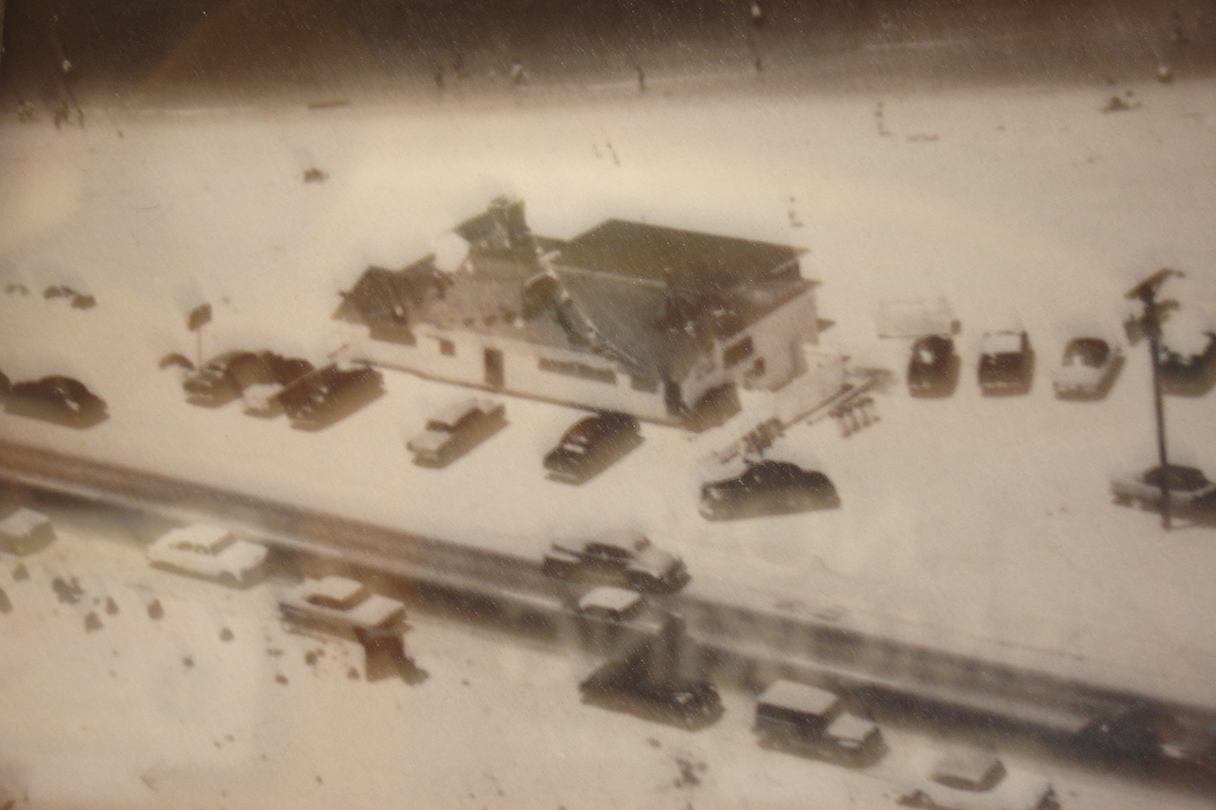
9. Host morning clubs. At Duck-In, they had a morning coffee club. Other groups came and met, and used the restaurant as a sort of second office. They didn’t charge expensive fees. Instead, they allowed the groups to pay, and pitch into the till for coffee. There are hundreds of these groups that need a place to meet, including bible studies, booster clubs, service clubs and the like. Make it easy for them.
10. Watch your suppliers. The route guys who bring bread, beer, soda, frozen food, fresh food and seafood will cheat you. Not always on purpose, but just because they are in a rush, and don’t count. When they deliver, check behind them before you sign an invoice. Not only are you checking the count, you are checking the quality. In addition, suppliers like Sysco have a large amount of control of what is sold in restaurants, and creates a sameness in approach in all chains. Look beyond Sysco and the like, and you will not only find price competition, but will also find more unique food to sell. Give a new supplier a chance, please!
11. Sell some crap by the register. One morning at home, my grandfather was taking a bottle of aspirin, and putting those aspirin, two by two, in little wax envelopes. I asked him what he was doing, and he said he was going to set them by the register to sell. At the register, he sold a few candies too. Sometimes, I think this was as much for the staff as for the customers, but it was extra revenue with a low opportunity cost. Ditto with things like a juke box; if he could get a nickel, he would. It was a family joke that the restaurant sold Rolaids, but no matter.
11. Have a good operations man. My grandfather had a first-rate person who knew all the workings of the restaurant, and could keep everything going. That doesn’t mean you don’t want or need to hire contractors, but it does mean you need someone on staff who can keep his eye on the small things. This person has the feel of a gatekeeper; he makes sure the parking lot is right, the freezer maintenance is done, and the roof doesn’t leak. Pay him well. It will not only save the restaurant in repair bills, but the customers will appreciate a place that is well maintained.
12. Call your staff Mr., Mrs. and Miss. I loved this. Everyone called each person by their last name, not their first. This practice went into the 1980s, until he died. He, as the leader, called his staff by their last names. That gave him first, a bit of distance. But mostly, it gave respect to the employees, whose names stay with me today. Mrs. Pipkin, Mrs. Stassi, Mr. Curry. In the South, most service help was called by their first name. To have a man of means address the staff by title and as equals gave the whole place a professional feel. In addition, the manager’s name was on a hanging sign by the register. This not only created accountability, but it made the managers local celebrities.
13. Keep it open. If you can, serve breakfast, lunch and dinner. The longer the restaurant is open, the more revenue you get from the capital. He kept the restaurant open 24 hours; the night shift cleaned the restaurant, and if a customer came in, they could fix a burger.
14. Clean, clean, clean. This goes without saying, but it needs to be said. Keep the place CLEAN. McDonald’s, Burger King and Hardee’s have turned around their operations by a singular focus on cleanliness. It works. Tip: use a bit of bleach in the bus station water, please. It cuts grease and customers know the smell means cleanliness.

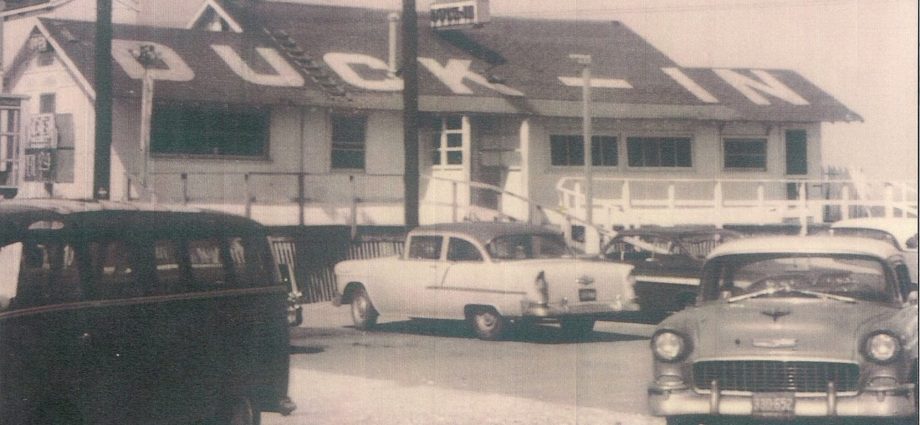
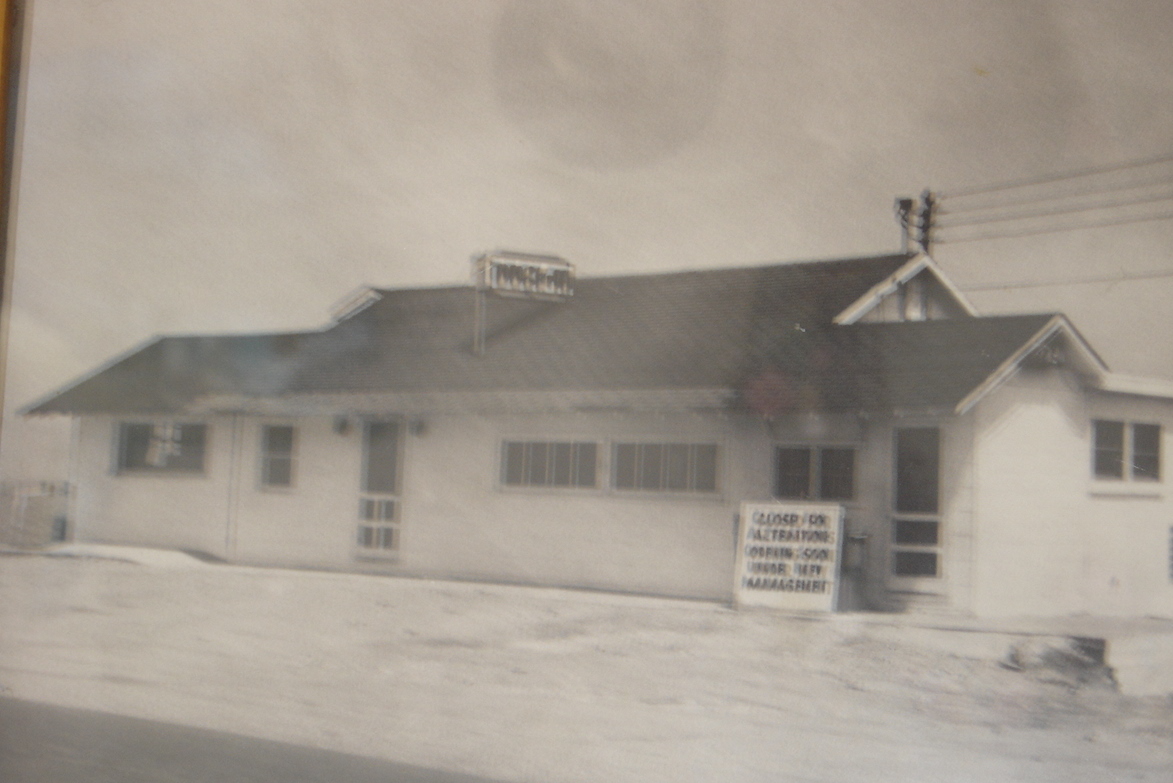

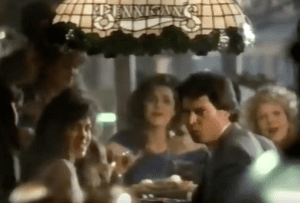
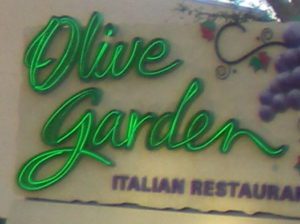

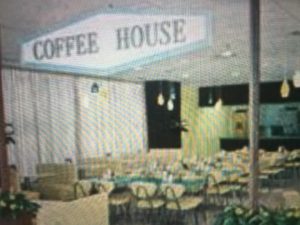
This is great and helpful but our restraunt does almost everything on here and we are having trouble keeping it open.
Good stuff. I agree with all of it but its still a hard time.